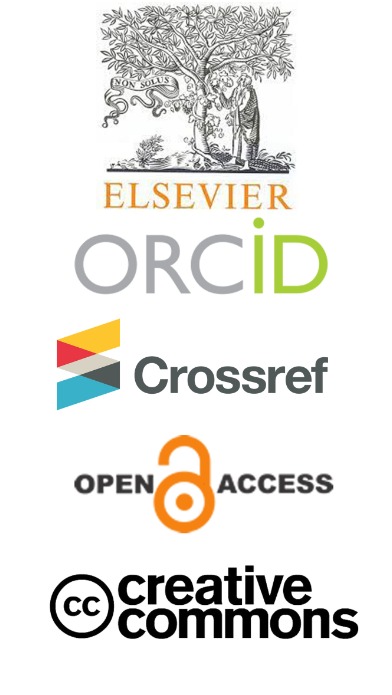Legal concerns about ICT protection in entrepreneurship
Keywords:
The legal system for ICT contracting- Intangible heritage valuation - Intellectual property- Digital assets- Sustainable development lawAbstract
This study aims to clarify the legal concerns that are generated by ICT entrepreneurship in the form of challenges and risks facing modern business environment which emerges as a result of the transformation of knowledge society into an environment for mobility, exchange and creativity. Then, the imposition of the activity of institutions on digital and virtual mobile pattern implies an urgent need to attract human-made expertise and skills rather than natural raw resources. All this can be realized within the framework of expanding the interdependence between the magnitude of big data solutions which are capable of opening and producing operations within the global ranks and multi-scale relationships with stakeholders. An environment emerged for the knowledge engineering that represented a new strategy for different countries, regardless of their position (advanced or developing), as they affected the competitive advantage of their markets, and it made sustainable development goals subject to its criteria. Hence, it became important in this study to use the means of research to examine the key role that is represented by a very nested and complex information capital. It involves acquiring, storing, processing and transferring big data to others in a fast and qualitative manner, but with an added value to the performance of development projects. Under a hypothetical world dominated by ambiguity and lack of objectivity determining the law’s intervention to confront the dangers surrounding it. The study will suffice with basic concerns in this field according to a legal approach that combines hard law sources. It means the legislative, regulatory or judicial jurisprudence with the principles and philosophy of values extracted from Soft Law. Its practice appears to be necessary in the field of entrepreneurship. Thus, this study is conducted with the use of two tools of analysis and comparison which explained that legislation faces challenges in implementing principles formulated in software law (language or topic). As long as the 'Code is Law' rule is based on a very strict logic that does not allow adaptation of the external environment for ICT business activities. Accordingly, the study was structured by answering the following questions: What is the legal model that should be formulated in a sui generis knowledge economy? Based on a rich and difficult digital capital, but it is very necessary to embody the sustainable development goals, as they converge in the idea of not recognizing the boundaries between the fields and sectors of business life. We also tackled the importance of devoting a legal institution to 'virtual intangible heritage', and the extent of the resilience of the intellectual property of the legal system with a dynamic and broad environment in which ICT business exists. It is affected by the requirements of the balance between interests in the field of obtaining information from the public sector, to the extent that the growth of the idea of digital assets has become associated with many risks related to new payment technologies .It requires improving the efficiency of their systems as well as Maintaining financial stability and monetary policy for the investor, protecting it and combating illegal activities. Then, we investigated the opportunities that have been realized and need to be fixed, against others that have not been realized and which require defense regarding creating a legal environment for ICT companies. It depends on the necessary tools of legal governance for positive law to coexist with the law of big data. Its first manifestations lie in opening a way for partnership between the public and private sectors by intensifying participation specialized competencies: analysts, statisticians, and legal experts in the field of data, infrastructure and modern technologies, and the transition to a system of law that values and maintains innovation in the service of sustainable business objectives. At the end, the results related to the balance between lex lata and lex ferenda to assess the status of innovative and creative entrepreneurship. It needs to be recognized as a multi-behavioral legal institution: it integrates freedom of creativity, transparency controls and legal security. It based on law driven by business ethics, open to collective intelligence and enriched with a culture of qualitative performance of social and economic entrepreneurship.



